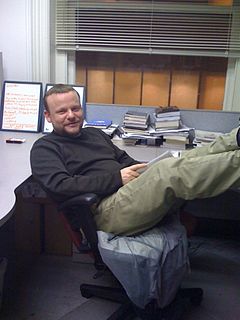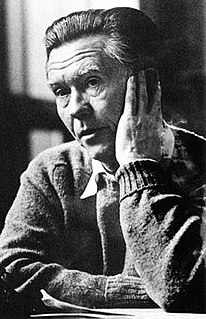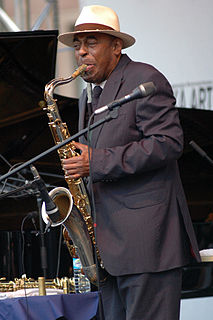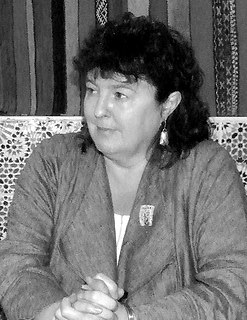A Quote by Ambrose Bierce
Dictionary: a malevolent literary device for cramping the growth of a language and making it hard and inelastic
Quote Topics
Related Quotes
UG [universal grammar] may be regarded as a characterization of the genetically determined language faculty. One may think of thisfaculty as a 'language acquisition device,' an innate component of the human mind that yields a particular language through interaction with present experience, a device that converts experience into a system of knowledge attained: knowledge of one or another language.
The dictionary has been in the making for several decades, and the result is well worth the wait. MacLean and those who worked with her have consulted with Iñupiaq speakers from across Alaska's North Slope to compile a comprehensive collection of word stems, along with postbases, grammatical endings, and an array of other valuable material. . . . This dictionary will prove fascinating for anyone interested in the Iñupiat and their language.
Nature is a language and every new fact one learns is a new word; but it is not a language taken to pieces and dead in the dictionary, but the language put together into a most significant and universal sense. I wish to learn this language - not that I may know a new grammar, but that I may read the great book which is written in that tongue.
The bold and discerning writer who, recognizing the truth that language must grow by innovation if it grow at all, makes new words and uses the old in an unfamiliar sense has no following and is tartly reminded that 'it isn't in the dictionary' - although down to the time of the first lexicographer no author ever had used a word that was in the dictionary.
Music is a language, and it's like a dictionary that has a lot of words, but if you limited yourself to a couple of definitions you would be illiterate. If one limits oneself to a peculiar definition like 'new music,' 'avant-garde,' or something like that, I think it's like cutting out half the dictionary.
The more familiar two people become, the more the language they speak together departs from that of the ordinary, dictionary-defined discourse. Familiarity creates a new language, an in-house language of intimacy that carries reference to the story the two lovers are weaving together and that cannot be readily understood by others.































